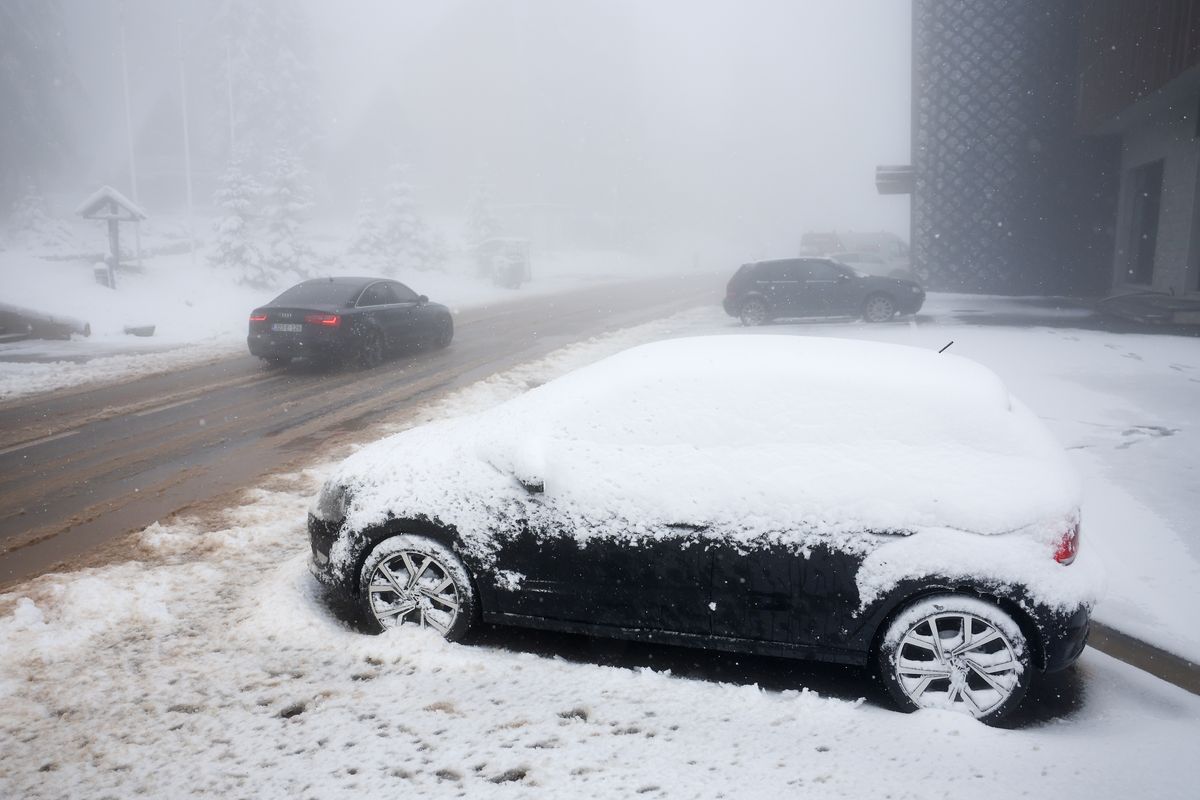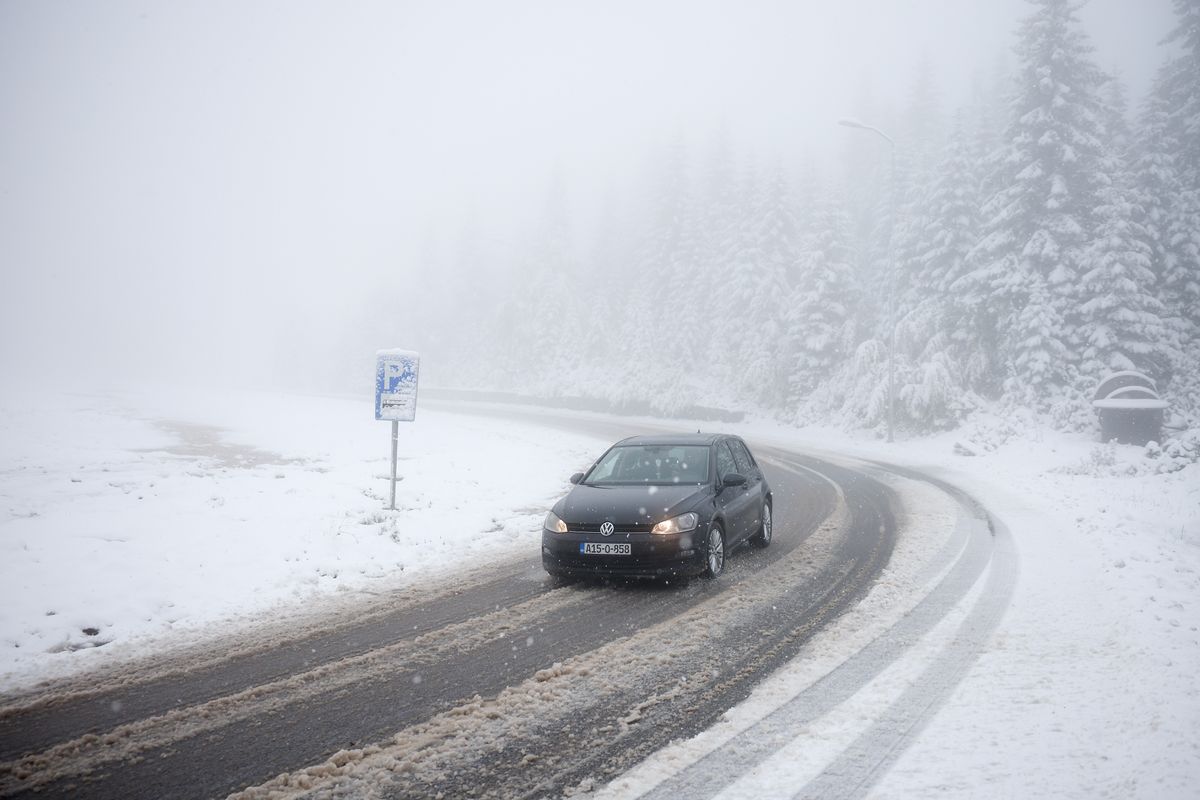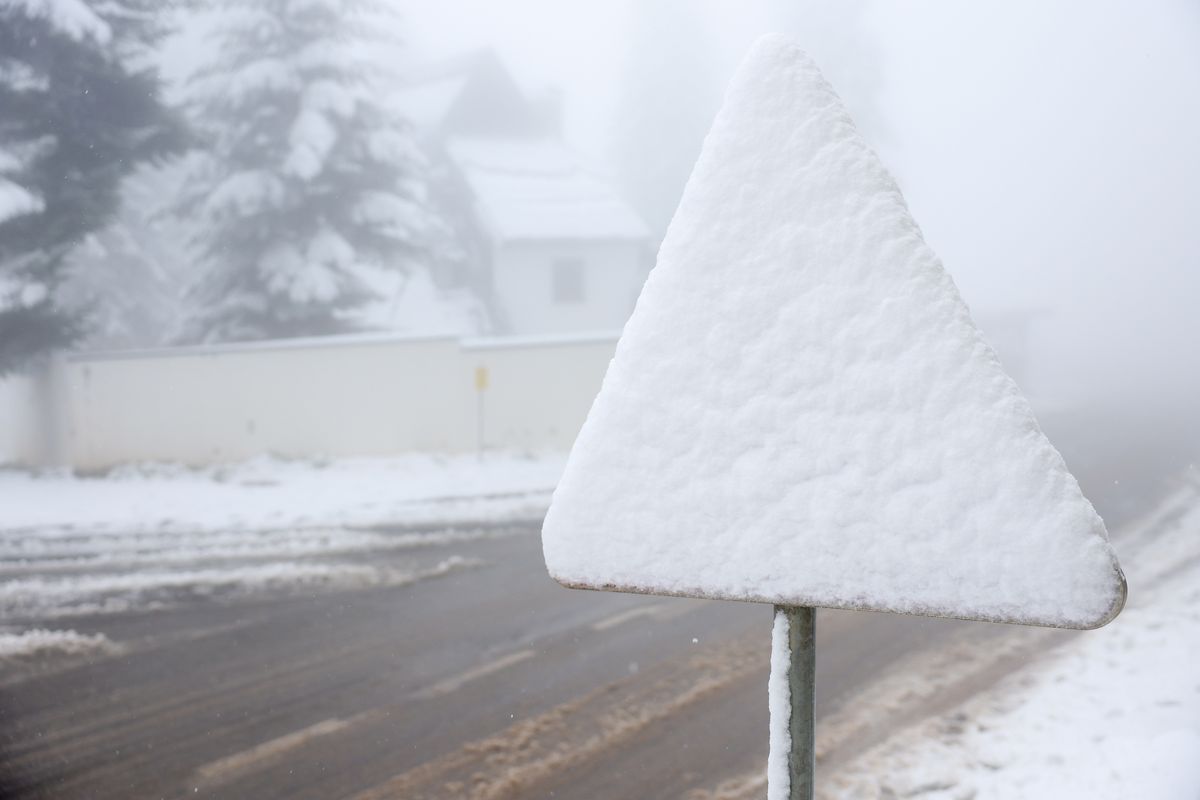SOFIA, Bulgaria (AP) — Floods that swept through villages in southeastern Bulgaria and on the Black Sea coast claimed three lives and forced hundreds of people to evacuate their homes, authorities said Friday.
Interior Minister Daniel Mitov said the three fatalities included two rescuers who died when flooding hit the Elenite seaside resort following torrential rain. Parts of the coastal region was heavily damaged, with floods sweeping cars and caravans into the sea and inundating houses, hotels and campsites.
Bulgarian authorities declared a state of emergency in several towns along the Black Sea coast, where regional public transport was halted due to flooded roads after days of extreme rainfall. Specialized teams from the Bulgarian Navy have been deployed to search for missing people and assist the evacuation efforts.
Elsewhere, northwestern parts of the country were hit by severe winter weather with heavy snowfall continuing for a second day in the Balkan Range.
Many villages in the region suffered power outages caused by the wet snow. Roads and mountain passes were closed to traffic. The national railway company reported significant train delays and cancellations caused by fallen trees damaging overhead power lines.
There was also early snowfall in the Western Balkans which left thousands of people without electricity on Friday and disrupted traffic as roads became impassable.
Heavy snow in hilly and mountainous areas of Serbia and Bosnia has downed power lines and trees, while heavy rain in lower areas sparked fears of floods and mudslides.
More than half a meter of snow has fallen at higher altitudes so far and could reach record levels for October, said Slobodan Sovilj, a meteorologist at the state Hydrometeorological Service.
“We have a number of areas without electricity because of broken trees and branches that fell on power lines,” said Aleksandar Mitrovic, head of the Ivanjica municipality, in central Serbia.
The southwestern municipalities of Medvedja and Crna Trava were left also without drinking water and phone connection, officials said.
In Bosnia, a number of roads were closed Friday due to snow. Authorities warned motorists to be extra careful and reminded them to switch to winter tires, which are obligatory from Nov. 1.
The Jahorina ski center, outside Bosnia’s capital, Sarajevo, turned white after snow on Thursday, catching visitors by surprise.
“We came here in flip-flops and now we need boots and jackets,” Sandra Majstorovic, a tourist at the center, said.
Experts say that extreme weather conditions, such as unseasonably hot or cold spells, can be linked to climate change.
In September, the Western Balkans experienced temperatures of up to 30 degrees Celsius (86 Fahrenheit). Temperatures over the summer surpassed 40 degrees Celsius (104 Fahrenheit) during heat waves.




